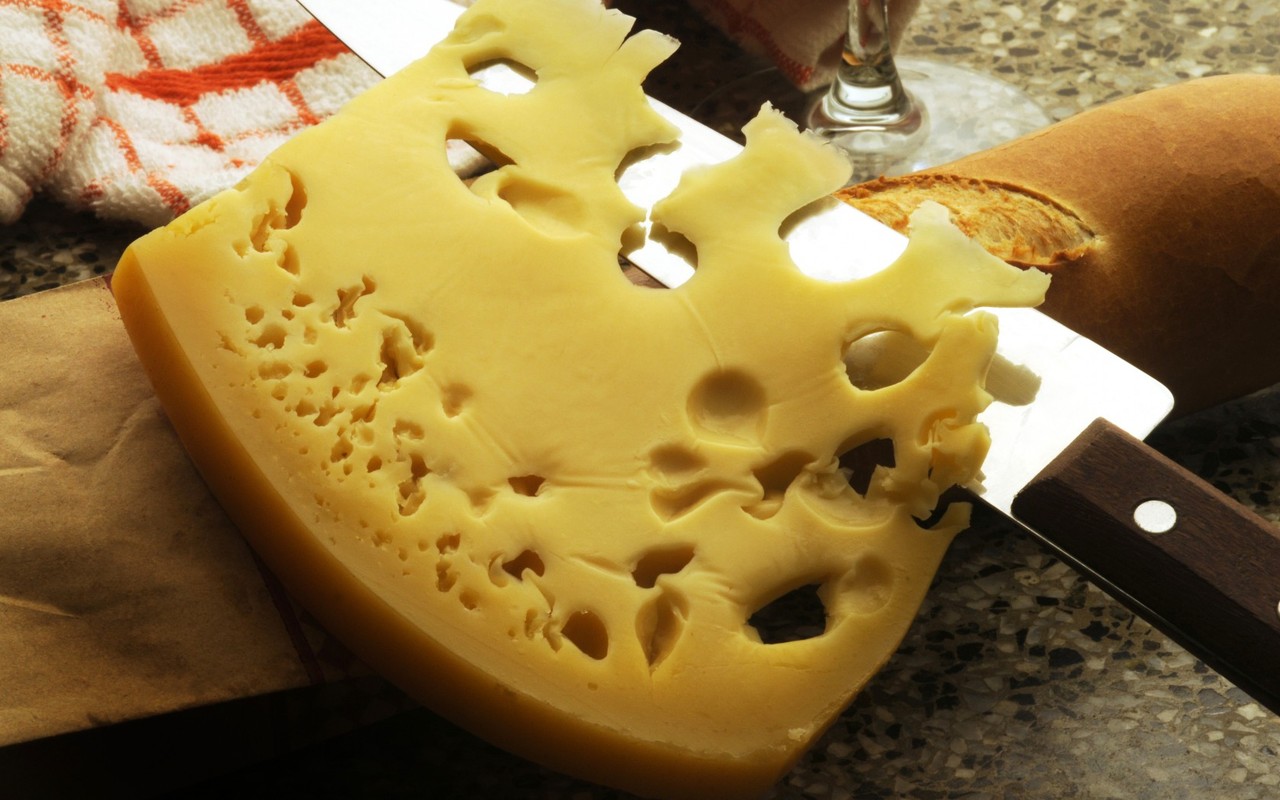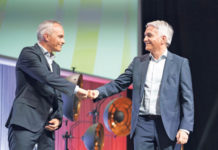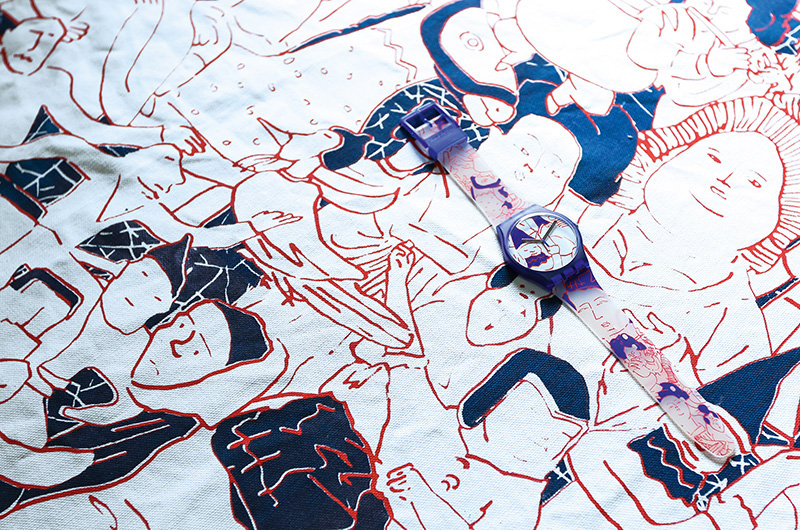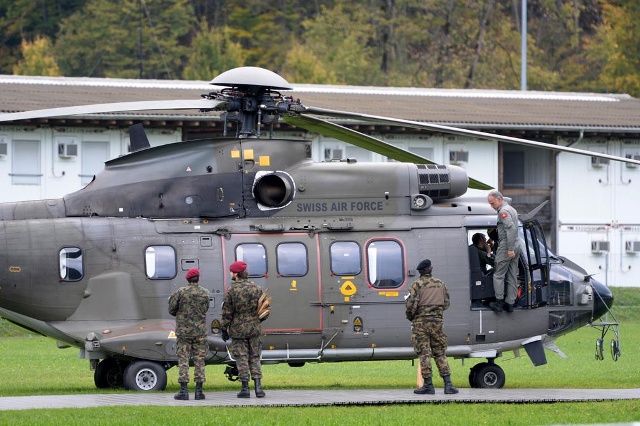Dutch Gouda, Italian Parmesan and other cheeses have been banned from Russian supermarkets. Swiss cheeses are filling some of the gaps.
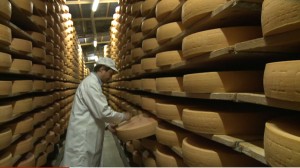 On the shelves of Moscow’s supermarkets, European cheeses have begun to thin out. Swiss production however isn’t enough to fill the gap, and a mountain of paperwork is in the way. It’s not easy to get a foothold in Russia.
On the shelves of Moscow’s supermarkets, European cheeses have begun to thin out. Swiss production however isn’t enough to fill the gap, and a mountain of paperwork is in the way. It’s not easy to get a foothold in Russia.
The Margot cheese warehouse in Yverdon is one company impacted. It isn’t as well as known as other Swiss brands, but the company is the number one Swiss exporter to Russia. Since the European embargo, orders have tripled.
While Europeans accuse Switzerland of exploiting the embargo, Swiss companies are asking for more clarity from the Swiss authorities.
A good share of the market is there for the taking, although it is still a niche market catering to the wealthiest Russians. European products, sold at €2 a kilogram, are much cheaper than Swiss ones.
Switzerland has refrained from imposing full sanctions on Russia in line the EU. It plans to tighten restrictions on the export of war materiel to Russia and Ukraine and to take additional measures to ensure that Switzerland is not used as a hub to sidestep sanctions put in place by the EU.
The economics ministry has been asked to prepare a set of measures to be approved by the government. The restrictions on Swiss weapons exports to Russia and Ukraine are to be extended to include special goods, including products used for both military and civilian purposes.
Source: Swissinfo
